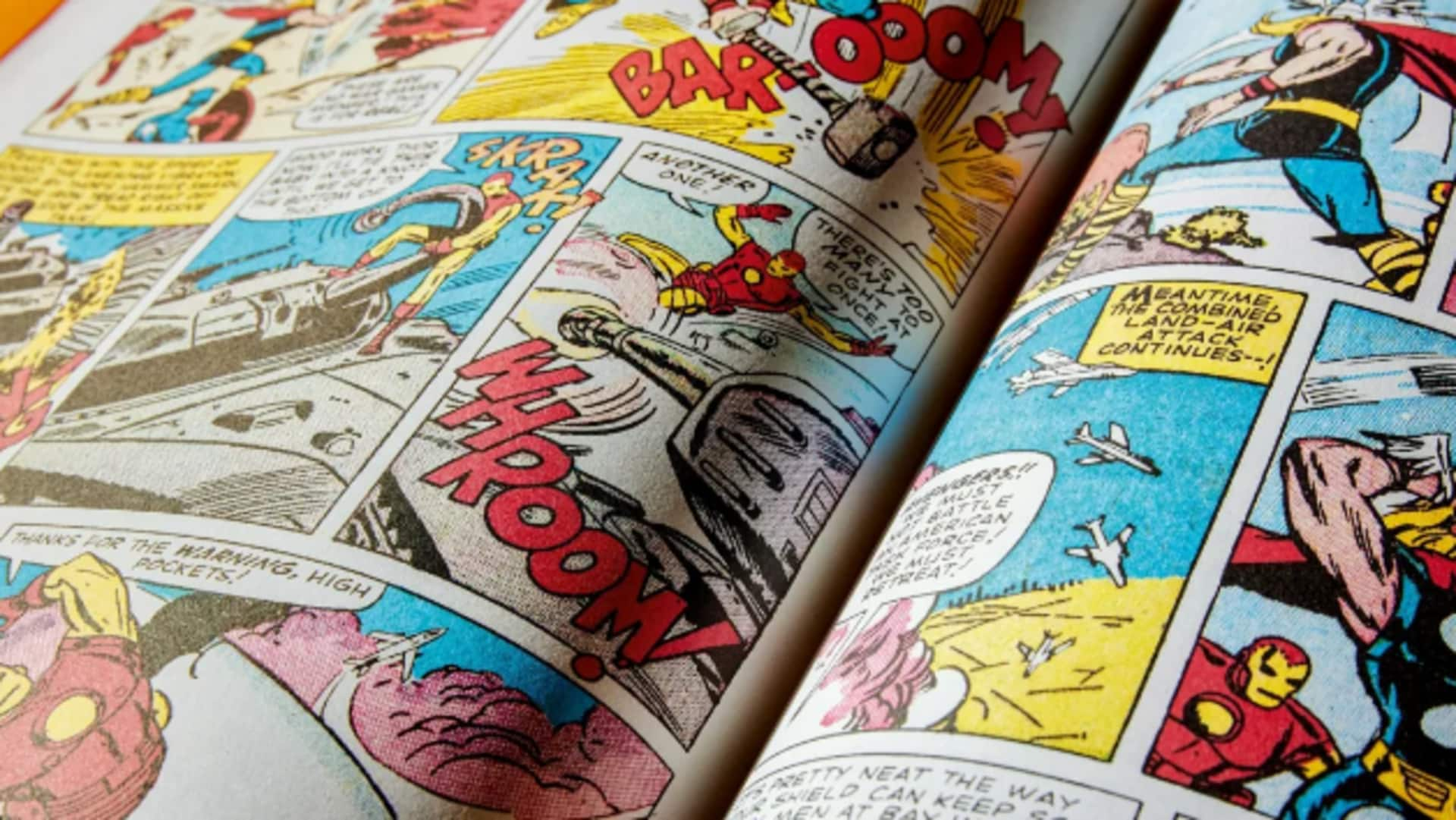
Exploring global narratives through comics
What's the story
Comics transcend geographical boundaries, blending art with storytelling for global audiences. From Tokyo's manga to American superhero comics, they entertain and bridge cultures. This fosters understanding of global narratives. This article delves into international comics as cultural ambassadors. It showcases four notable examples from around the world. These highlight their role in cultural exchange and understanding.
Cultural insight
'Persepolis' unveils Iranian culture
Persepolis, by Marjane Satrapi, provides insight into Iranian society through a young girl's eyes during the Islamic Revolution. This autobiographical comic goes beyond entertainment, offering a glimpse into Iranian culture and history. Its black-and-white illustrations effectively convey themes of identity, resilience, and the impact of political upheaval on lives. They showcase the complexities and nuances of her experiences.
Historical exploration
'Asterix' - A journey through time
Asterix by Rene Goscinny and Albert Uderzo is more than humor. Set in 50 B.C., it features Asterix, Obelix, and the Gauls resisting the Romans. Each volume explores different lands and times, humorously addressing cultural stereotypes while subtly imparting historical knowledge. This series blends entertainment with education, showcasing the richness of ancient cultures through engaging adventures.
Cultural gateway
'Manga' opens doors to Japanese traditions
Japanese manga, covering genres from action-packed adventures to intricate dramas, offers a broad spectrum. Titles like Naruto by Masashi Kishimoto not only captivate with compelling narratives but also introduce readers to Japanese culture. This includes honorifics in language, traditional festivals, and societal norms. The global popularity of manga has made it an influential gateway for fans worldwide to explore Japanese traditions through engaging storytelling.
Mythological fusion
'Black Panther' bridges African mythology with superhero lore
Black Panther, by Stan Lee and Jack Kirby, blends African mythology with superhero themes. Set in Wakanda, it portrays a society that merges tradition with technology. This comic challenges stereotypes, offering a narrative that combines modernity and cultural heritage. It exemplifies how comics serve as tools for cultural exchange. They foster global connections by exploring universal themes through the lens of diverse cultures.